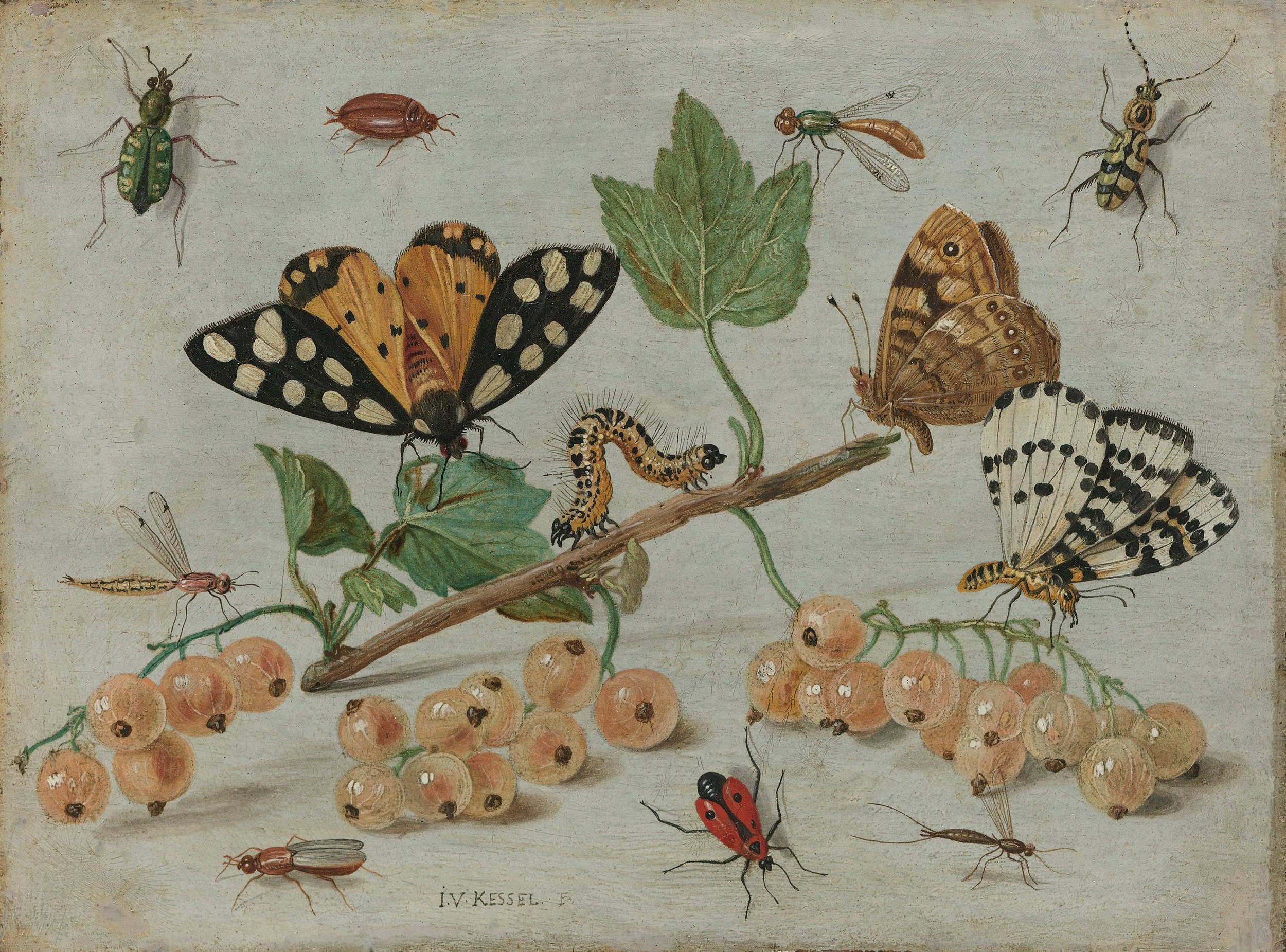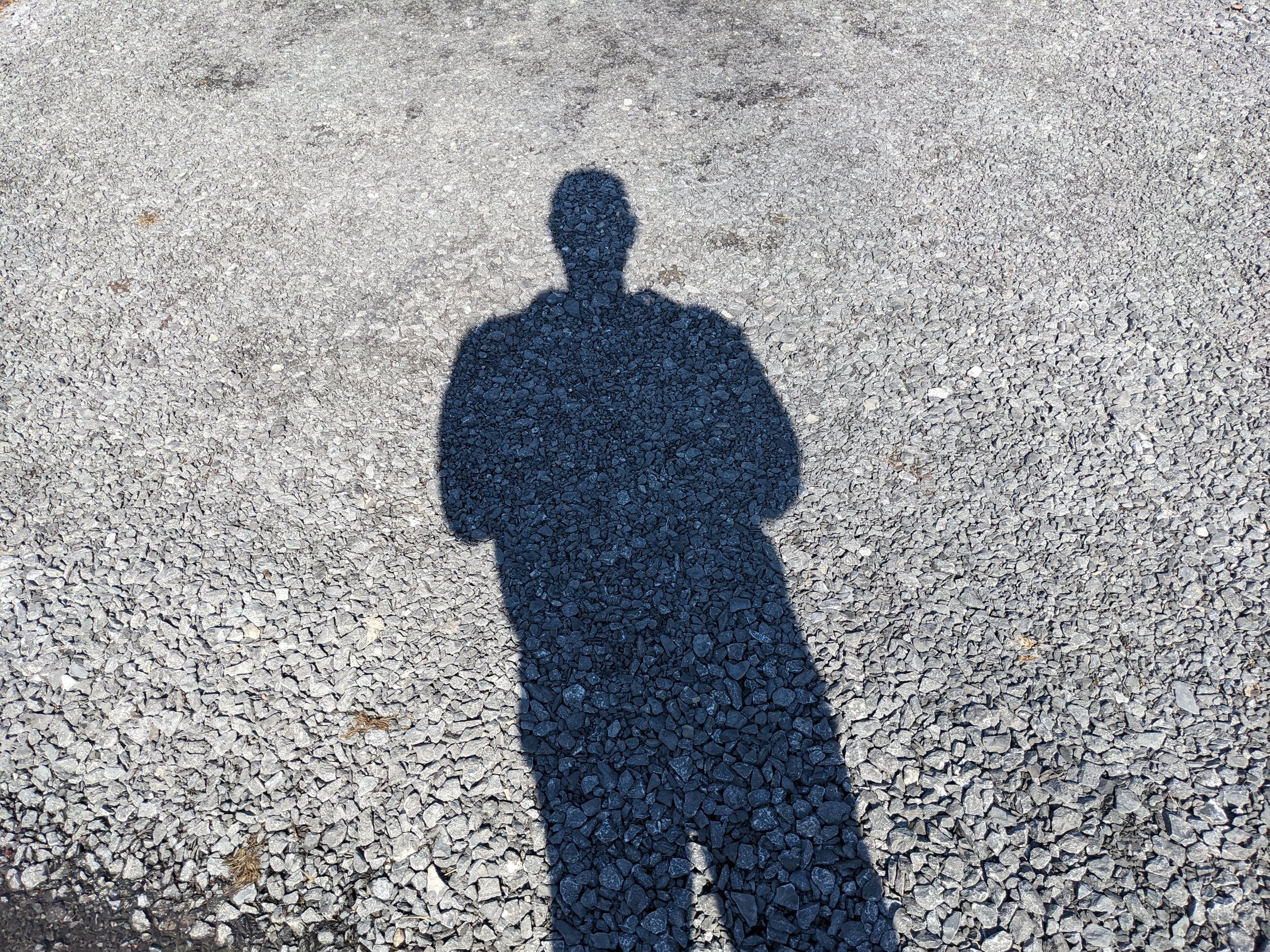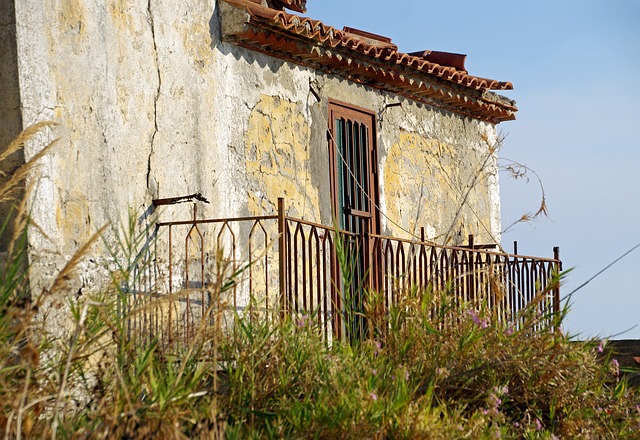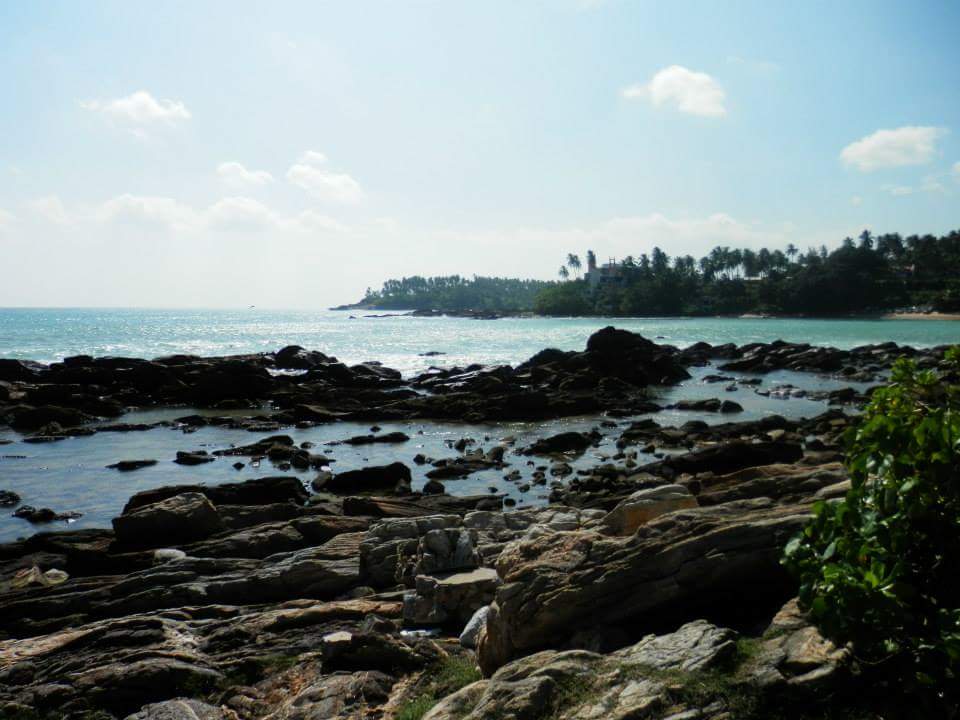Chuches

CHUCHES
Spanish, noun.
A Spanish childhood.
As a child, I spent my summers in Northern Spain, my mother’s home and country. California was all stiff stucco ceilings and big cars, hazy chaparral and white smiles; in comparison, my summers in Spain felt like a sensory overload. It always took me a week or so to adjust to hearing Spanish and Gallego, to the cafe bars thick with cigarette smoke and the smacks of domino tiles, to the brusque and theatrical body language of my cousins. There, old fishermen wore boinas and young women wore bright orange skirts and bangs short and stiff as broom bristles. There were afternoon sardiñadas (sardines cooked black over coals on the beach), big waves and crumbling buildings, Marlboro machines with handsome cowboys, goose barnacles and boars to eat. Nearly every part of these sunny days felt untranslatable to my American friends, but the one euphoric word I wished others could most understand was chuches. That word means a Spanish childhood.
When I Google the word chuches I am given a map showing churches in my Brooklyn neighborhood, and the nutritional information for “Candy & Chocolate.” The Collins dictionary recommends “goodies” (so earnest) and WordReference puzzlingly offers “knick-knacks” and “novelties.” None of these words, nor all of them combined, gives a good idea of what chuches mean. Chuches, to the Spanish adult, refers to a diverse array of junk food: fried egg-shaped gummies and licorice blocks, pink sausage-sized marshmallows, a Frigo ice cream cone, sunflower seeds, and sour-coated cola candies.
To the Spanish child, chuches means no responsibilities, a nearly endless array of things to eat after the swimming in the sea. Chuches goes hand-in-hand with my nights of no curfews, laughing at midnight on wet cobblestones in the plaza, a life of no homework and no California state testing.
When you are five or six, a bag of chuches is what your abuelita buys to spoil you; she smiles as you crack the chocolate Huevo Kinder to reveal the plastic trinket inside. At eight or nine, you try to make deals with the kernel-toothed woman who sells the candies; you say, no, no, there’s no way the gummy sharks are three for five pesetas. That’s inflation! As a preteen, you share chuches with a pimpled crush; they facilitate flirting as you fling them at the kid you like, buy them for the kid you like, kiss the kid you like with marshmallow breath. What makes chuches magical is that they didn’t belong to grown-ups. Chuches were what you spent your cien pesetas on; they defined your tastes and personality. Were you a hardcore licorice type of teenager? A sour-only child? A safe-and-sound bubblegum boy? At an age when we couldn’t buy our clothes, cook our meals, or plan our days, chuches were the one thing we had a say in. Every summer I would return to Spain with a new assertion: I’m a braided rainbow marshmallow, I’m a sour ribbon, I’m a hazelnut-vanilla swirl cone. I would establish this signature chuche early on in the summer depending on what seemed a reasonable halfway point between edgy and conventional. I wanted to be unique, but not unique enough to invite an arched eyebrow.
“Chuches came to represent something unbelievably un-American. When I arrived each summer to that coastal town, the kids would flock to me and tell me to say something in English. Had I met a Backstreet Boy? Were cheerleaders real? ”
Unlike the word “candy”, which feels bland and commercialized, or the judgmental “junk food,” chuches is a nostalgic, warm, and inoffensive word. Chuches don’t have mascots, don’t include branded sweets like Skittles or M&Ms. You don’t buy them at a grocery store but at the special chucherías, bodega-like structures lined with plastic bins containing a rainbow of confections, plastic baggies to fill to the brim, and a dozen tongs. In our Spanish village, a chuchería would pop up on the beach boardwalk in the summers—a little booth operated by a large woman with baggy, bread-loaf breasts, a squinting frown, and a sprout of wiry moustache hairs. She wore no plastic gloves, and on market days I saw her selling leeks and potatoes at the market. The village kids loved tormenting her, changing orders repeatedly, inconveniencing her with mountains of pesetas. I admit I partook in this and justified it by imagining her as part of the intrinsic beach infrastructure; there were seagulls that would peck at your chips if you left them on the sand, cigarette stubs that would cling to your wet feet if you walked on the boardwalk, and the chuches lady, who stood there all afternoon and didn’t leave until well past midnight.
Chuches came to represent something unbelievably un-American. When I arrived each summer to that coastal town, the kids would flock to me and tell me to say something in English. Had I met a Backstreet Boy? Were cheerleaders real? Did I live in a mansion? Occasionally, I would exaggerate stories of California to entertain my summer friends, but I felt uncomfortable with the responsibility of relaying all the nuances of American culture and uncomfortable that they didn’t see me as a fellow Spaniard. After all, when my mother and I flew back to LAX and settled in our suburban cul-de-sac at the end of August, my classmates would question me about the leg of ham sitting out on the kitchen counter, or my mother’s accent, or why we didn’t have Girl Scout Cookies or peanut butter at my house; why I ate fried eggs with rice and ketchup, why I didn’t spend vacation in a summer camp or on a Disney cruise. As a nine-year-old, it was complicated to be both American and Spanish. The contrasts between both lifestyles made me see my surroundings as binaries, and I often felt unsure of how to behave as a person who stood in the middle. I’ve always felt that opposing truths can exist simultaneously; if not, what can be done about asynchronous lives like mine?
Chuches. I return to it with fondness. There’s a symmetrical quality to the word, and just saying it replicates the stretchy, salty, sugary smack of chewing sweets that leave your gums abuzz, the creases of your mouth stiff with salt, your taste buds burnt. It feels like summer, like bare feet.
On one of those last days in Spain, before packing our bags and saying goodbye to tios and tias, I visited the chucheria on my own, an attempt to behave instinctually, untethered to cultural obligations. I was feeling the expiration date of summer, I was hungry.
I walked down the boardwalk in a tankini, handful of seashells in my sweaty palm, feeling high and special, feeling small-town famous, feeling Americana. For a fleeting moment, I could accept my biculturalism. I said gracias twice to the chuches lady and stuffed a handful of sunflower seeds in my pockets for the flight.
Back in Los Angeles, over after-school snacks, I tried to speak with pride about all the Spanish beaches where I had swum, about the pig tongue and the crispy squid served as tapas, about the chuches. My friends would shrug and wrinkle their noses. Didn’t I have have stories about bullfighting or Zorro or flamenco? I would squirm, awkwardly smile, and dig my hands deep in my pockets, sunflower seed shells and sticky sugar clinging to my fingertips. I did not.
ABOUT THE AUTHOR
Olaya Barr as a child holding chuches. Courtesy of Olaya Barr.
Olaya Barr is a translator, photographer, and writer living in New York. She was awarded the De Alba Fellowship for excellence in fiction writing as an MFA student at Columbia University, as well as a grant to attend artist residency Obracadobra in Oaxaca, Mexico. As an educator, her interests are centered on immigrant communities, bilingual speakers, and those affected by autism. She's also currently working on a coming-of-age novella, and translating the crónicas of Chilean activist and author, Pedro Lemebel. Her current photography projects revolve around diptychs, self-portraits, and the litter found on Brooklyn streets. Find her on instagram @olayabarr.
Header photo by Luis Aquila.











